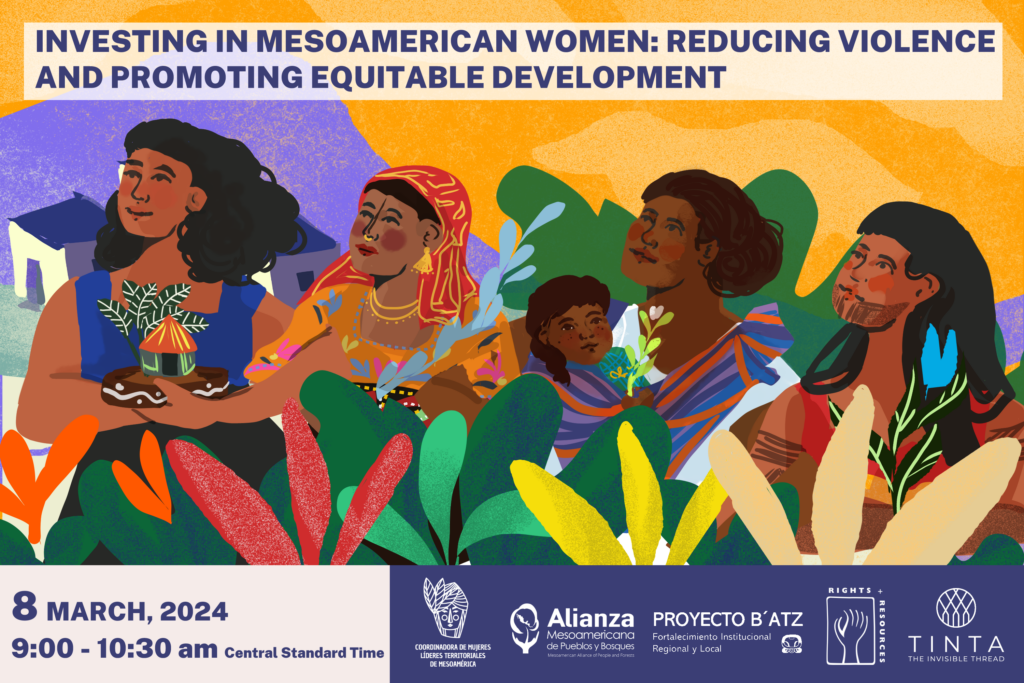November 02, 2023
This blog was originally written in English and automatically translated using artificial intelligence.
On August 21, 2024, the Transition Minerals Climate Policy Workshop convened for its second session of a two-part briefing series. This briefing series began on August 7, 2024, with a webinar which focused on the direct impact of transition minerals on Indigenous Peoples and local communities and the crucial role that communities play in the energy transition. This briefing shifted the focus to actionable insights and international policy opportunities. This collaborative event was organized by the Food Nature Climate Dialogue, the SIRGE Coalition, and TINTA (The Invisible Thread).
Paula Alvarado, international consultant with Seeds for Change, moderated the panel, which gathered approximately 100 participants and which featured the following panelists:
Please see some of the topline quotes from the full captivating conversation.
Galina: “I would like to share some of the examples of how we are building solidarity in supporting communities. One of our members, Cultural Survival, for example, has supported 48 Indigenous-led projects, providing financial support to communities for their own self-determined projects, in response to this new wave of development and extractivism. They also supported 18 radio stations in the regions where transition minerals and mining are taking place. As a coalition, we also published a guide around Free, Prior and Informed Consent for Indigenous leaders and their communities to come with their own protocols.”
Julie: “Rare earth elements and other energy transition minerals are abundant globally. When elements are discussed as rare, or scarce, major consuming economies look to the Global South. It is interesting to note how no critical materials appear to exist in Global North countries. Many rare earth minerals will often come from resource-rich developing countries and emerging economies. Extractive interests are targeting lands stewarded by Indigenous and land-connected peoples.”
Vuyisile: “Ultimately, what we need is mandatory environmental and human rights due diligence, whether it is auto-makers or mining companies. The current status quo is that the majority of them are relying on voluntary mechanisms and standards, but what the industry needs are binding, mandatory laws regarding due diligence.”
Kate: “I would challenge any narrative from any extractive company that says that FPIC is a new thing. It is a difficult thing, but it is also a solution that works. When I talk with Indigenous leaders around the world, the questions aren’t about what FPIC is but rather about how we can ensure that consent is available and how FPIC can be ensured in decision-making processes, especially before decisions are made.”
Register here for the next webinar on September 11th –> https://us06web.zoom.us/meeting/register/tZwpfu2orj4uGtKcKlFi4N-3qsQuku7kxg2T
